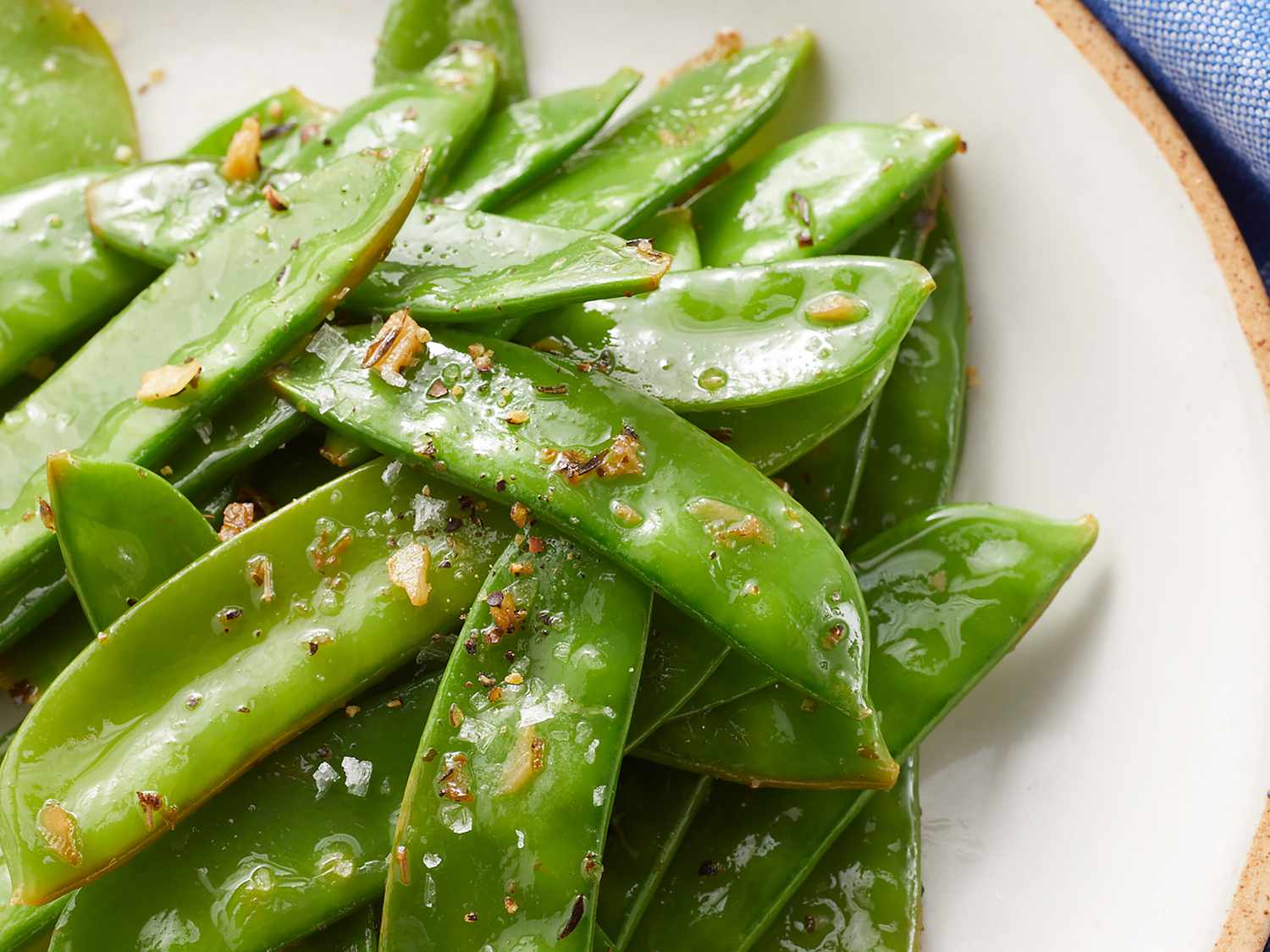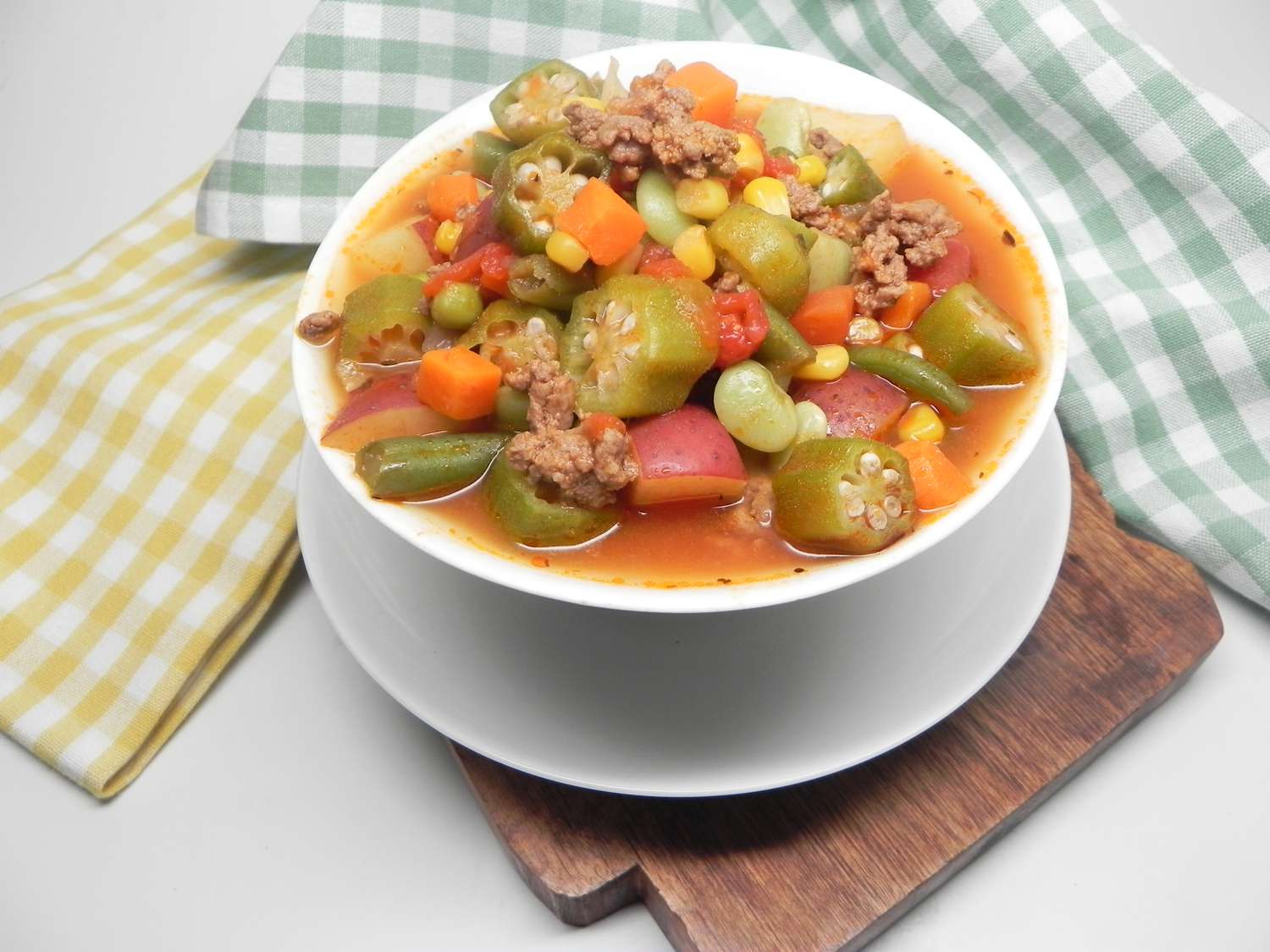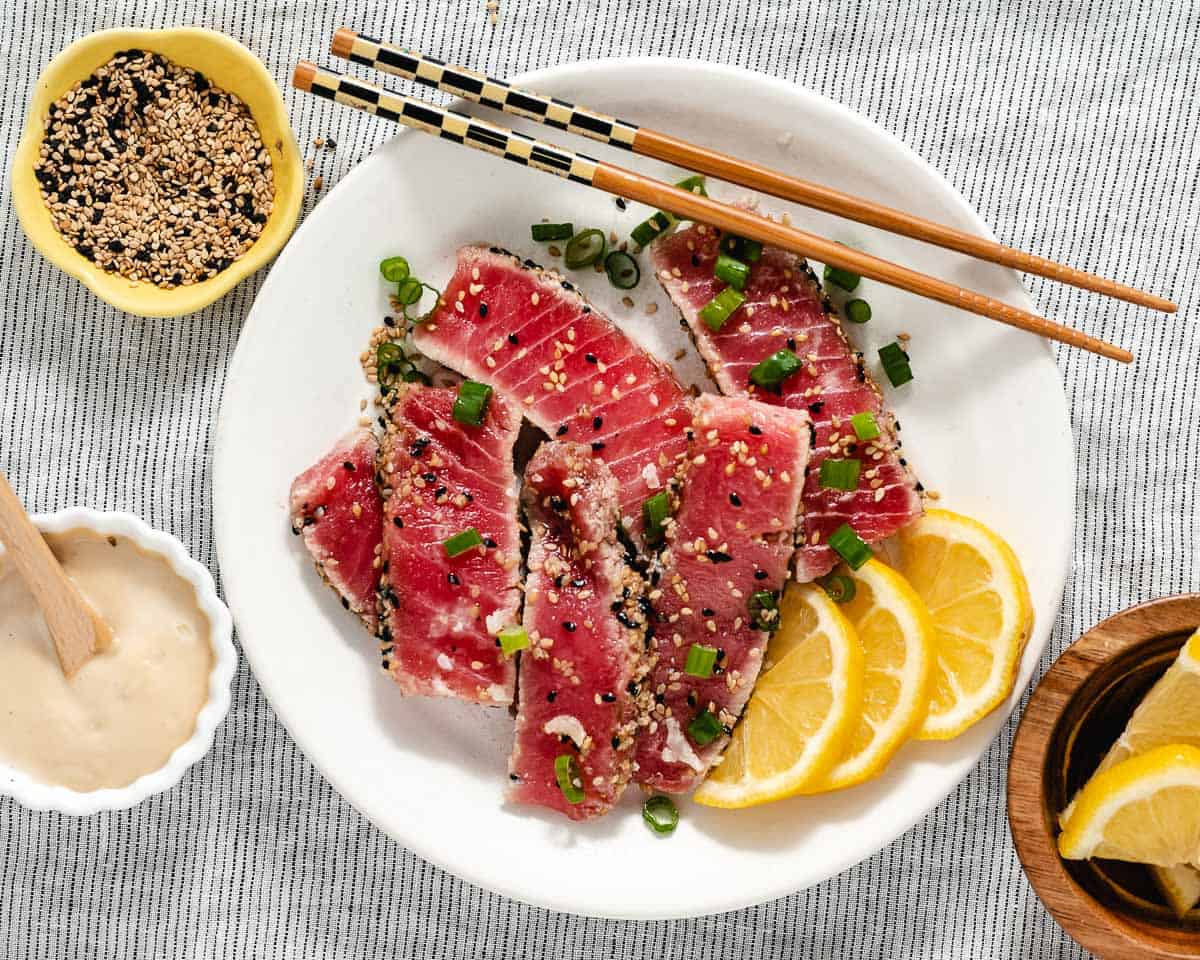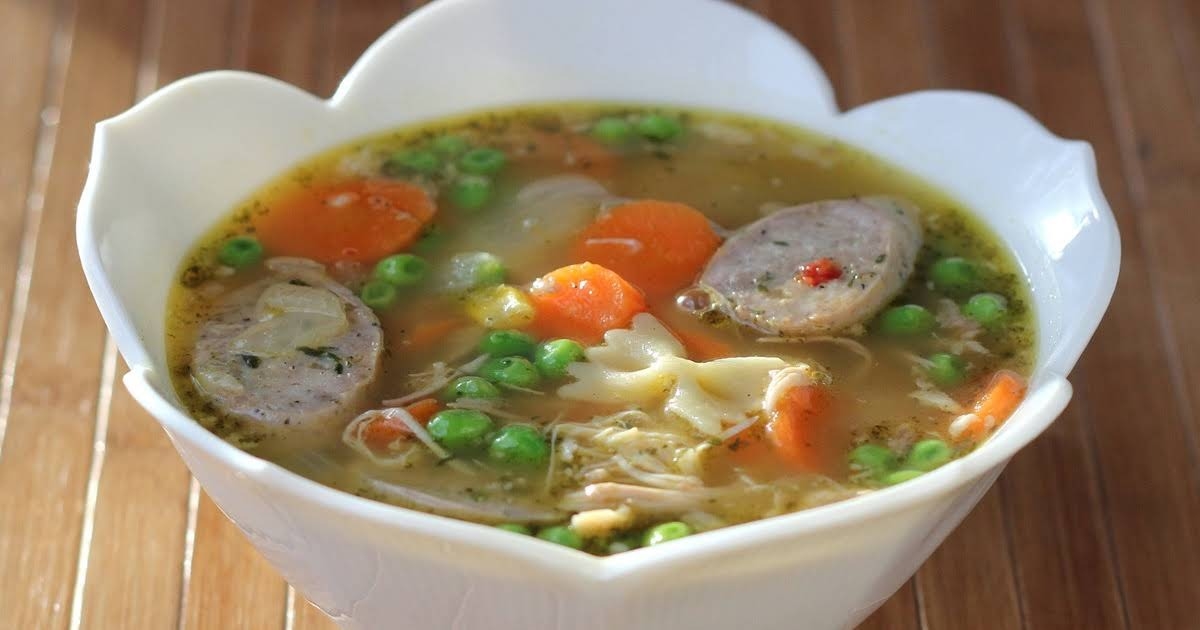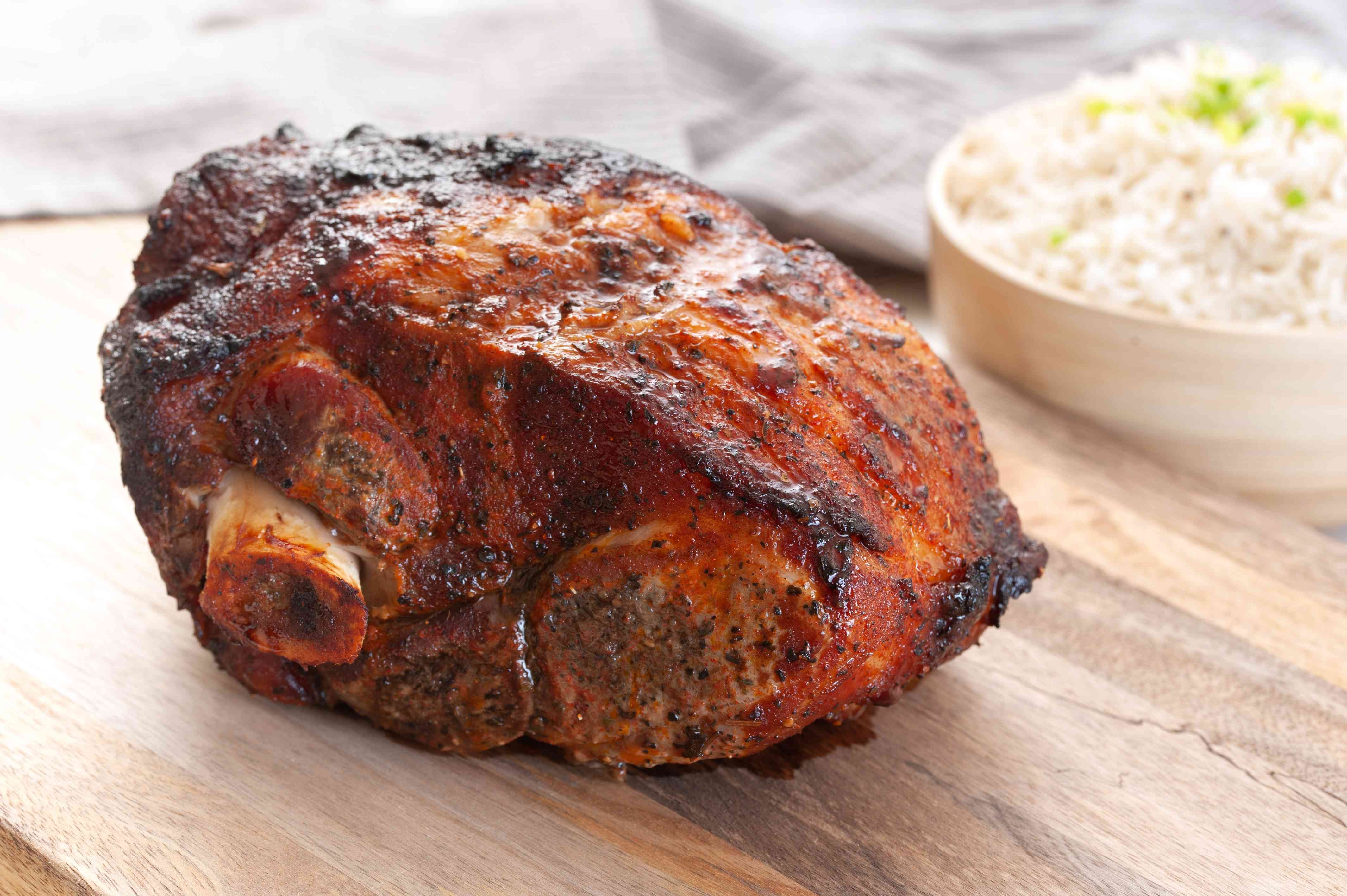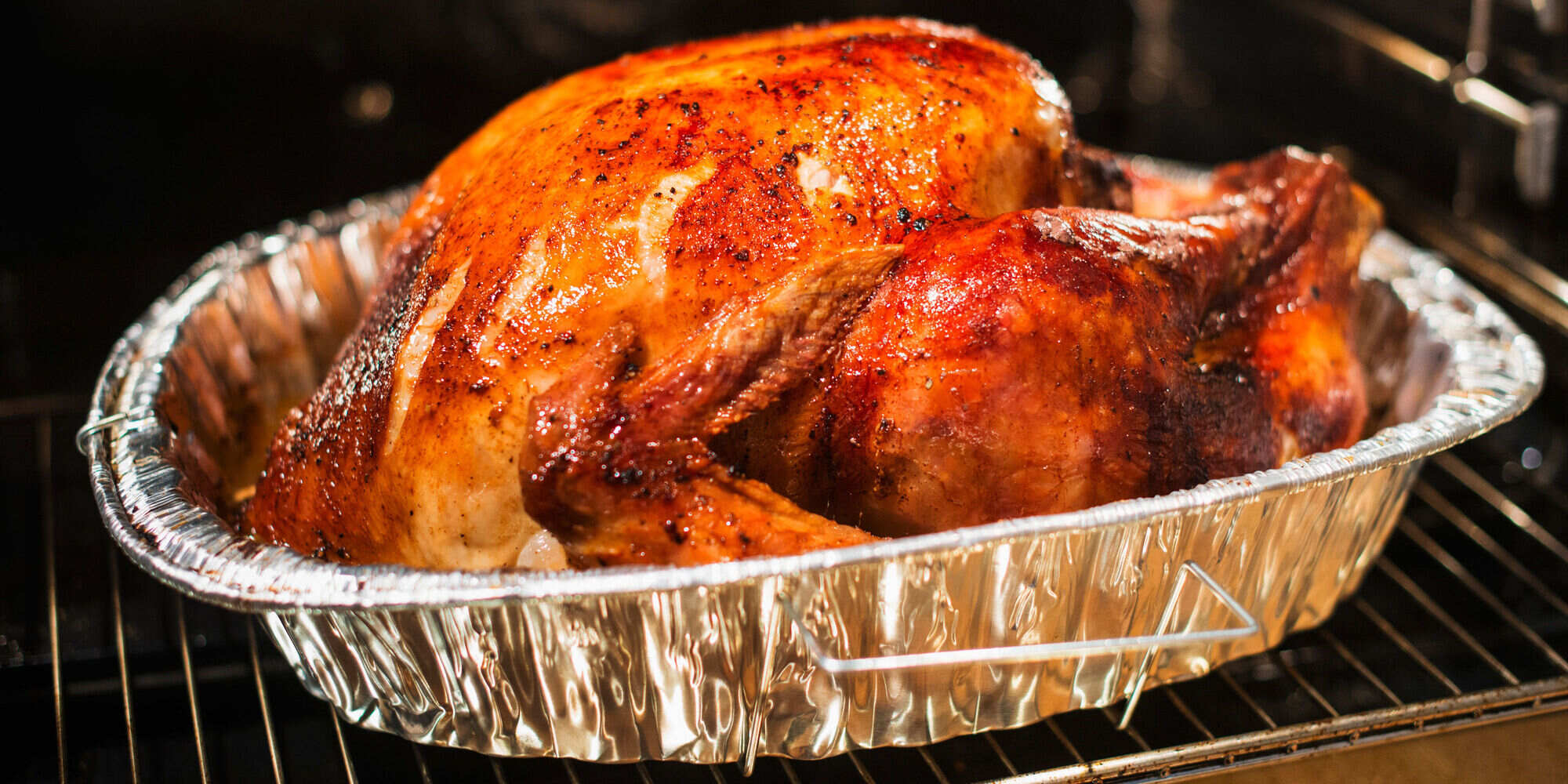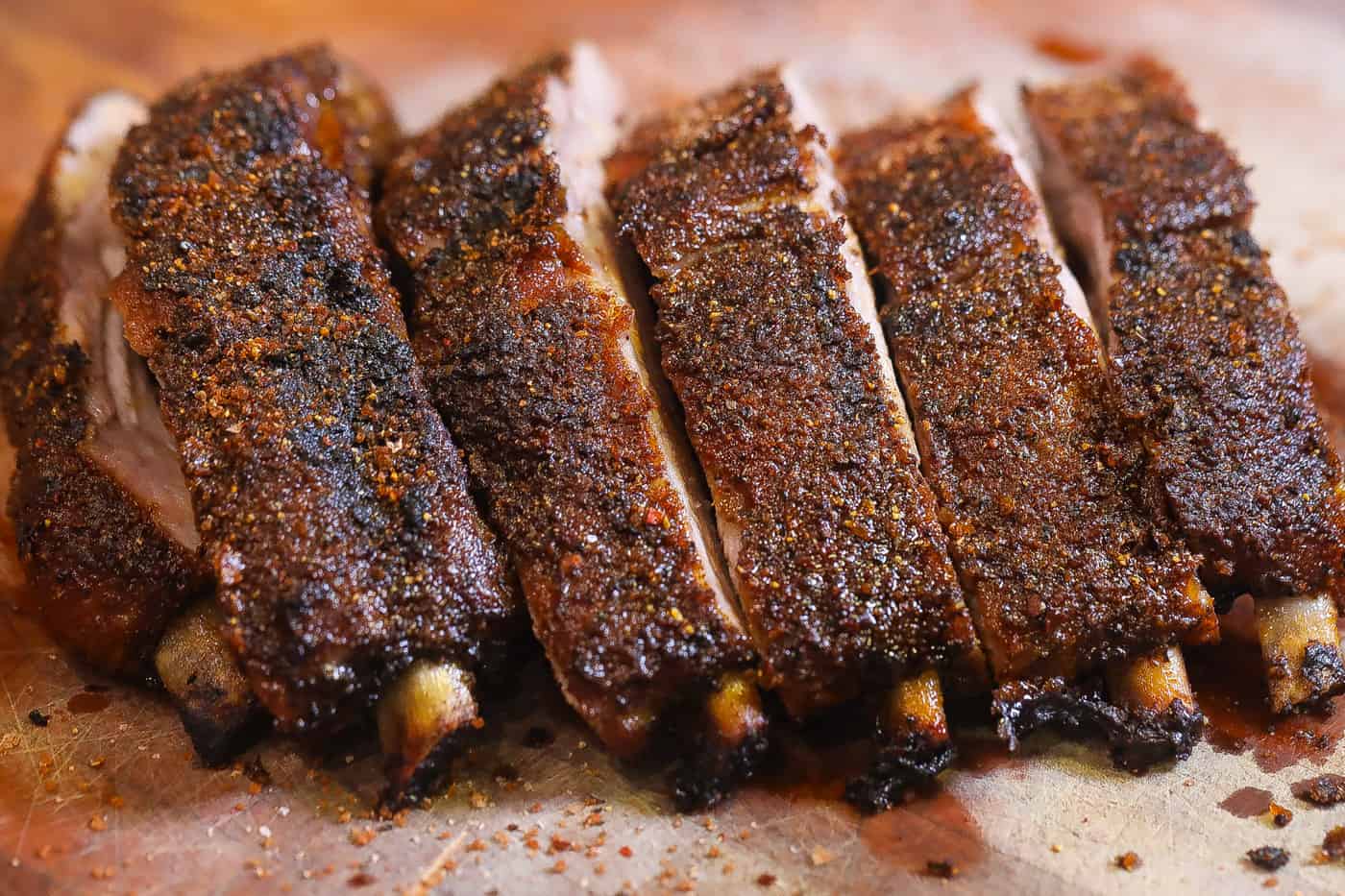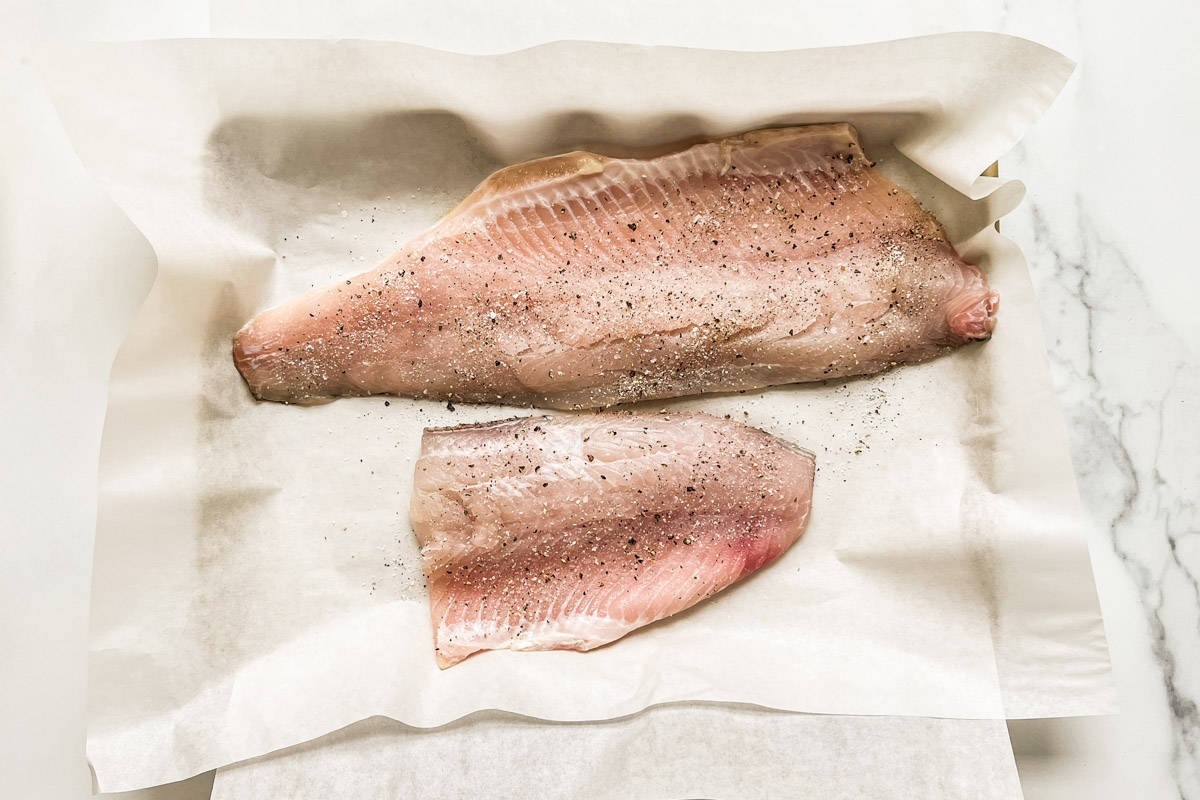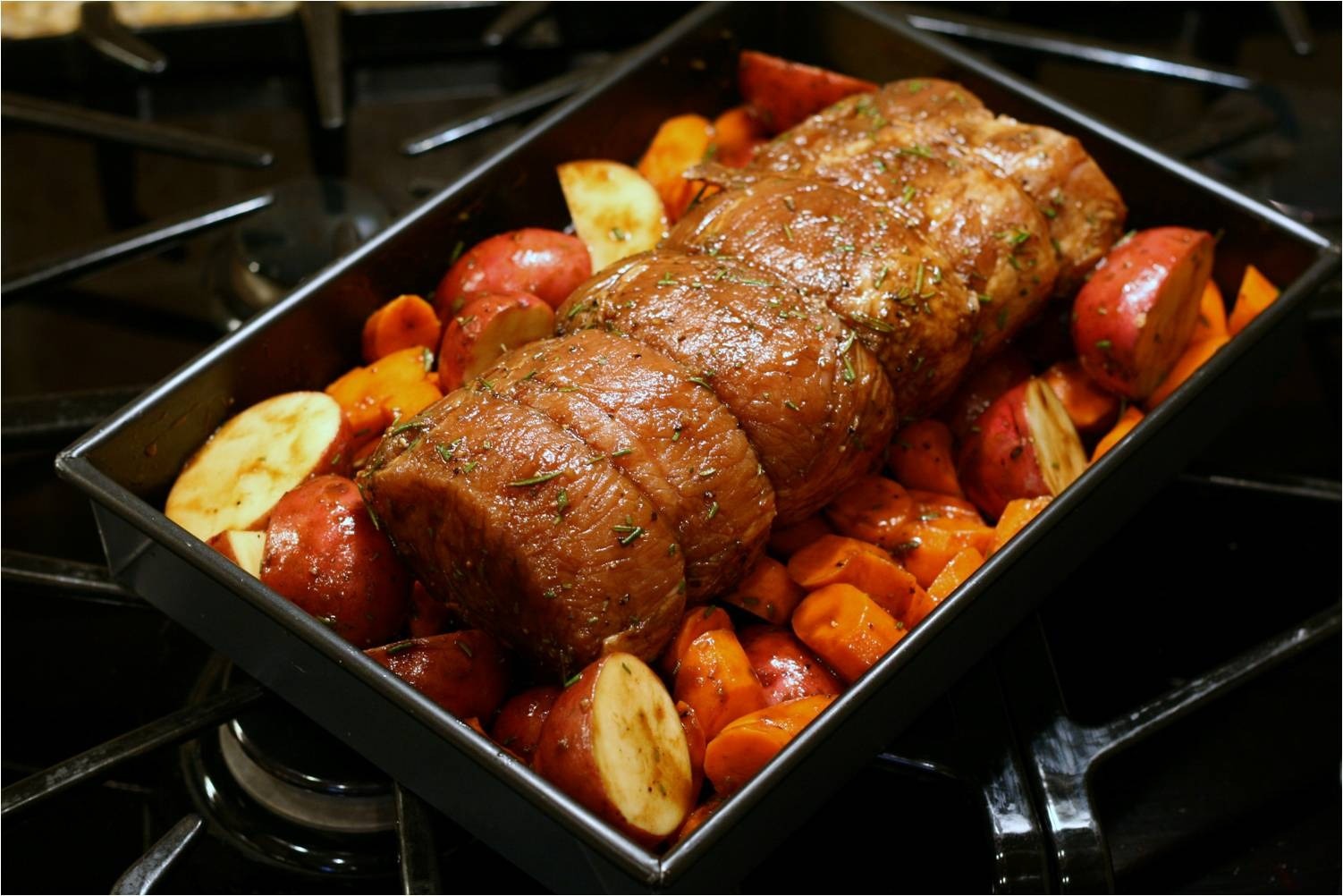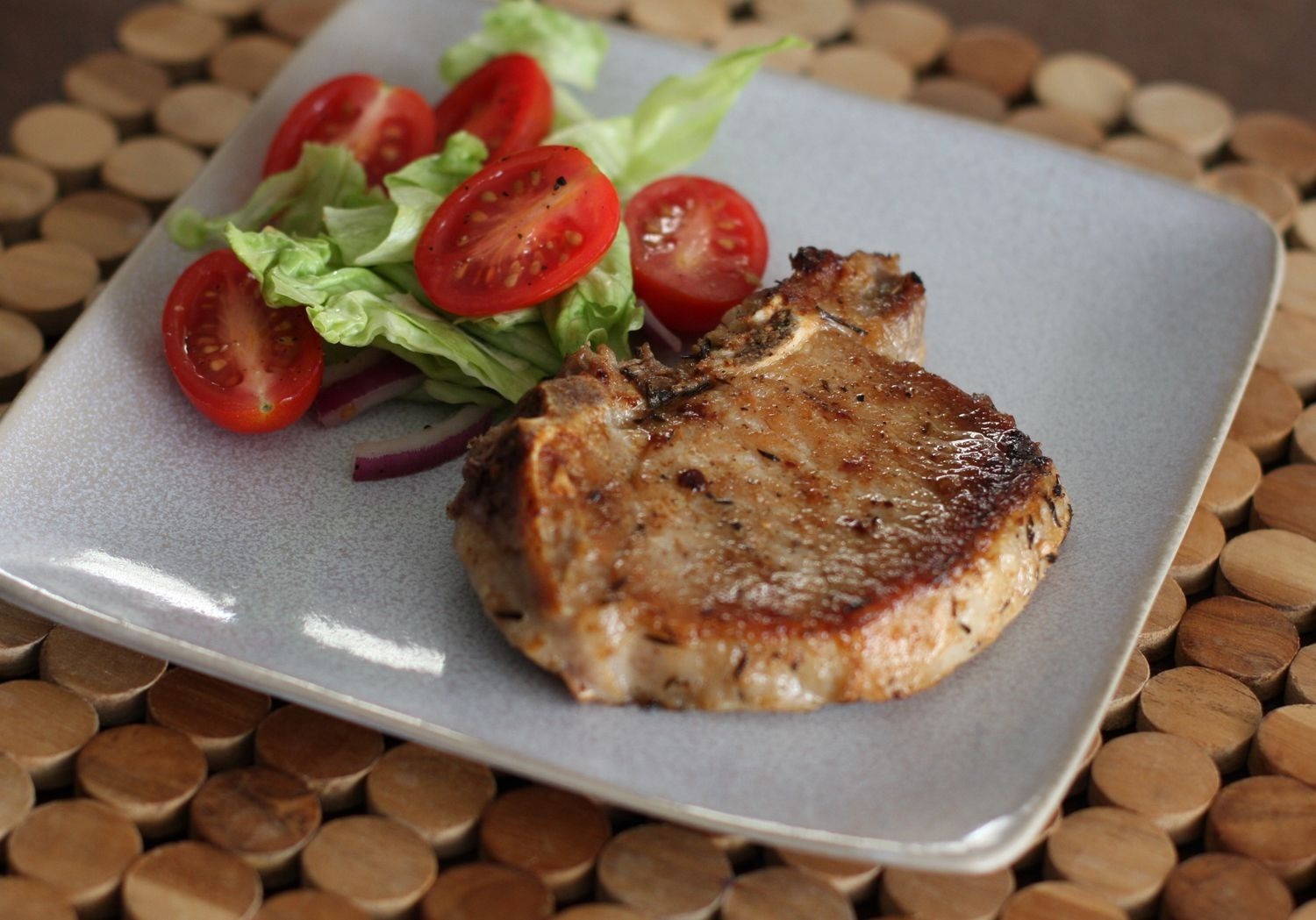How To Cook Pork Chops So They Are Tender
When it comes to cooking pork chops, achieving a tender and juicy result is the ultimate goal. No one likes a tough and dry piece of meat. In this guide, we will explore some tried and true methods to ensure that your pork chops turn out tender and full of flavor. So let’s get started!
1. Choose the right cut of pork
The first step in cooking tender pork chops is selecting the right cut. Look for pork chops that are at least 1-inch thick with a good amount of marbling. This will help keep the meat moist during the cooking process.
2. Brine the pork chops
Brining is a great technique to enhance the tenderness and juiciness of pork chops. Create a simple brine by dissolving salt and sugar in water, then submerge the pork chops in the brine for at least 30 minutes. This will help the meat retain moisture and add flavor.
3. Marinate for extra flavor
Marinating pork chops can not only add flavor but also help tenderize the meat. Choose a marinade that contains acidic ingredients like citrus juice or vinegar, as they work to break down the proteins and make the pork chops more tender. Let the chops marinate for at least an hour in the refrigerator, but for optimal results, marinate overnight.
4. Avoid overcooking
One of the biggest mistakes people make when cooking pork chops is overcooking them. This leads to dry and tough meat. Use a meat thermometer to ensure that your pork chops reach an internal temperature of 145°F (63°C), which is the recommended safe temperature for pork according to the USDA. Remove the pork chops from the heat once they reach this temperature and let them rest for a few minutes before serving. The residual heat will continue to cook the meat, ensuring it remains tender and juicy.
5. Tenderize with a meat mallet
If you have thicker pork chops, tenderizing them with a meat mallet can help break down the muscle fibers and make them more tender. Gently pound the pork chops with the flat side of a meat mallet until they reach an even thickness. This method can also help the pork chops cook more evenly.
6. Rest before serving
Allowing the cooked pork chops to rest for a few minutes before serving is essential to retain their tenderness. During the resting period, the juices redistribute throughout the meat, resulting in a more flavorful and juicy bite.
7. Choose the right cooking method
The cooking method you choose can also affect the tenderness of your pork chops. While grilling and pan-frying are popular options, braising or slow cooking can also yield incredibly tender results. Experiment with different cooking methods to find your favorite.
Final Thoughts
With these tips and techniques, you can confidently cook pork chops that are tender and delicious. Remember to choose the right cut, brine or marinate for added flavor and tenderness, avoid overcooking, tenderize if needed, and let the pork chops rest before serving. By following these steps, you’ll impress your family and friends with perfectly cooked pork chops every time!
